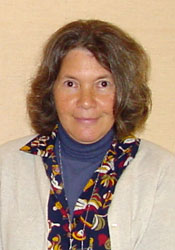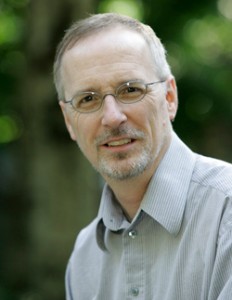[ensemblevideo contentid=W3XMrXooj0S3aeACF7sSIw audio=true showcaptions=true]

Earlier this year, Carolyn Kitch’s book Pennsylvania in Public Memory: Reclaiming the Industrial Past (print) (online-TU only) was published by the Penn State University Press. She investigated industrial heritage sites across the state in an attempt to understand how Pennsylvanians understood their state’s rich history of business and industry. As one learns from her introduction, she visited 224 sites and events, including museums, heritage sites and festivals, worker memorials, and factory tours. She explains that,
What I did do, I hope, was to visit enough sites, talk to enough people, and read or view enough media to gain some sense of patterns in tourism, museum interpretation, memorials, and other forms of public memory of past industry. This book recounts the stories and imagery that I heard and saw repeatedly across the state and across industries.
On a personal note, I was drawn to Pennsylvania in Public Memory because I’m fascinated in general by the ways communities understand, interpret, and sometimes fantasize and mythologize their collective pasts. I was also interested in learning whether an understanding of the last century of Pennsylvania industrial history — through sites, museums, and antique trains and trollies — might provide some insights on the way forward out of our current rather dark economic times. Could the struggle of workers in the past give courage to the present? Could our industrial history provide inspiration and hope to Pennsylvanians?
There are many very good scholarly works coming out on Pennsylvania history and related topics these days, among which journalism professor Carolyn Kitch’s is a good example. I was very pleased that Professor Kitch agreed to speak with me from Harrisburg, via Skype, on Monday, July 9, 2012.
Below are some incidents and sites mentioned in our interview.
Lattimer Massacre
Homestead Strike
Anthrocite Museum
Drake Oil Museum
Grey Towers
Eckley Miners’ Village
Railroad Museum of Pennsylvania
Rivers of Steel National Heritage Center
Historic Bethlehem
Audio Download Link
—Fred Rowland




